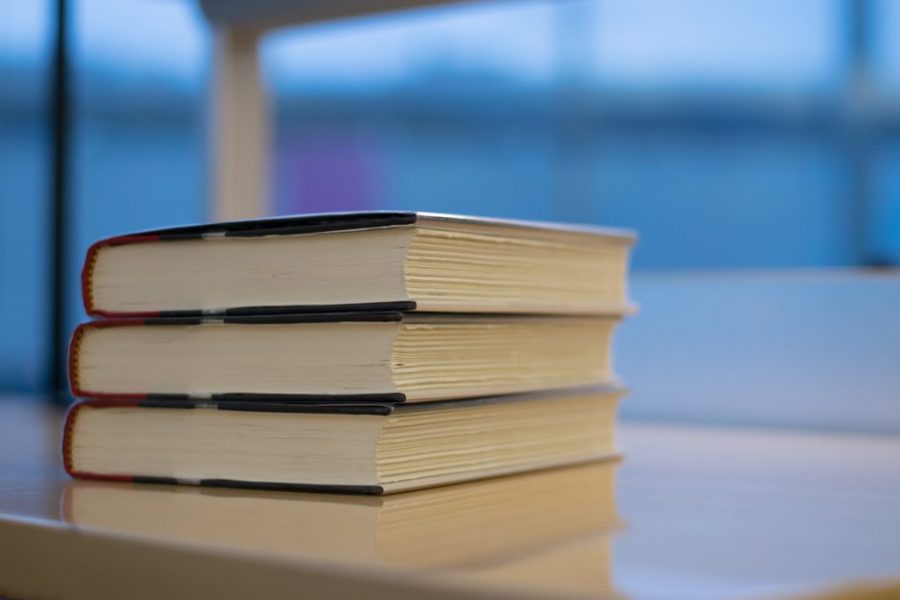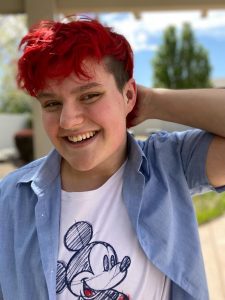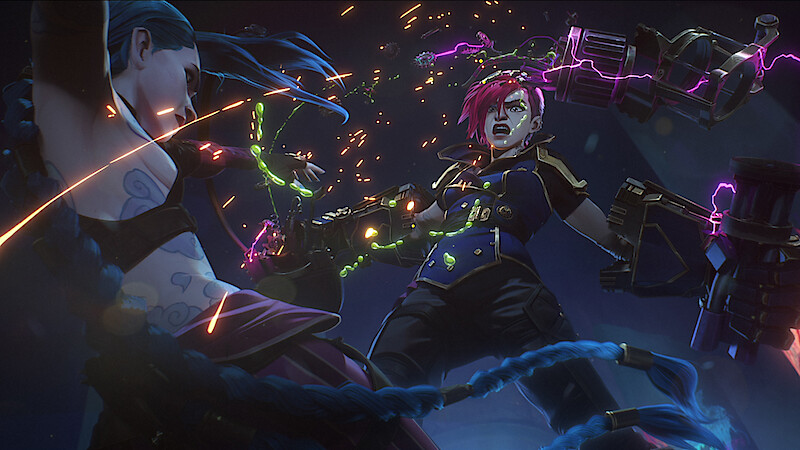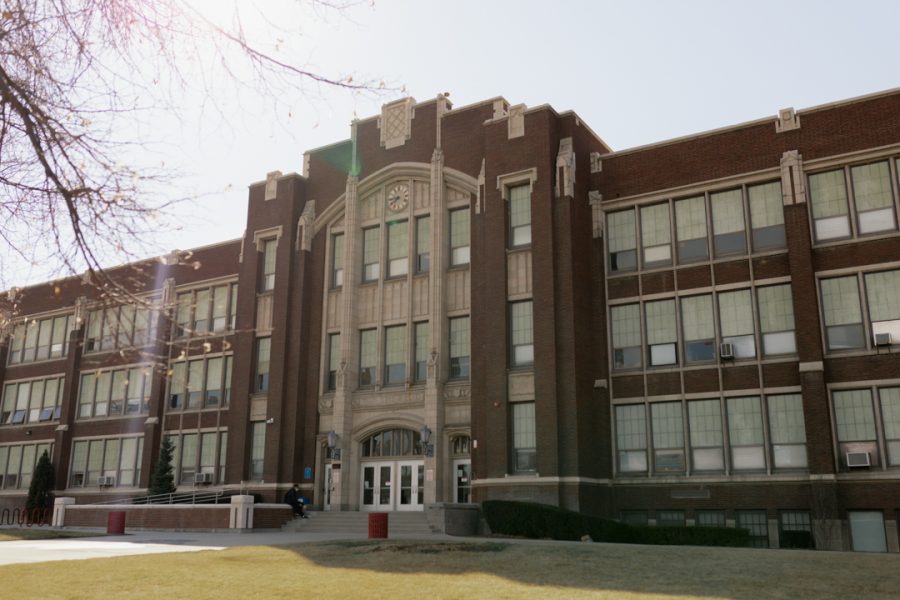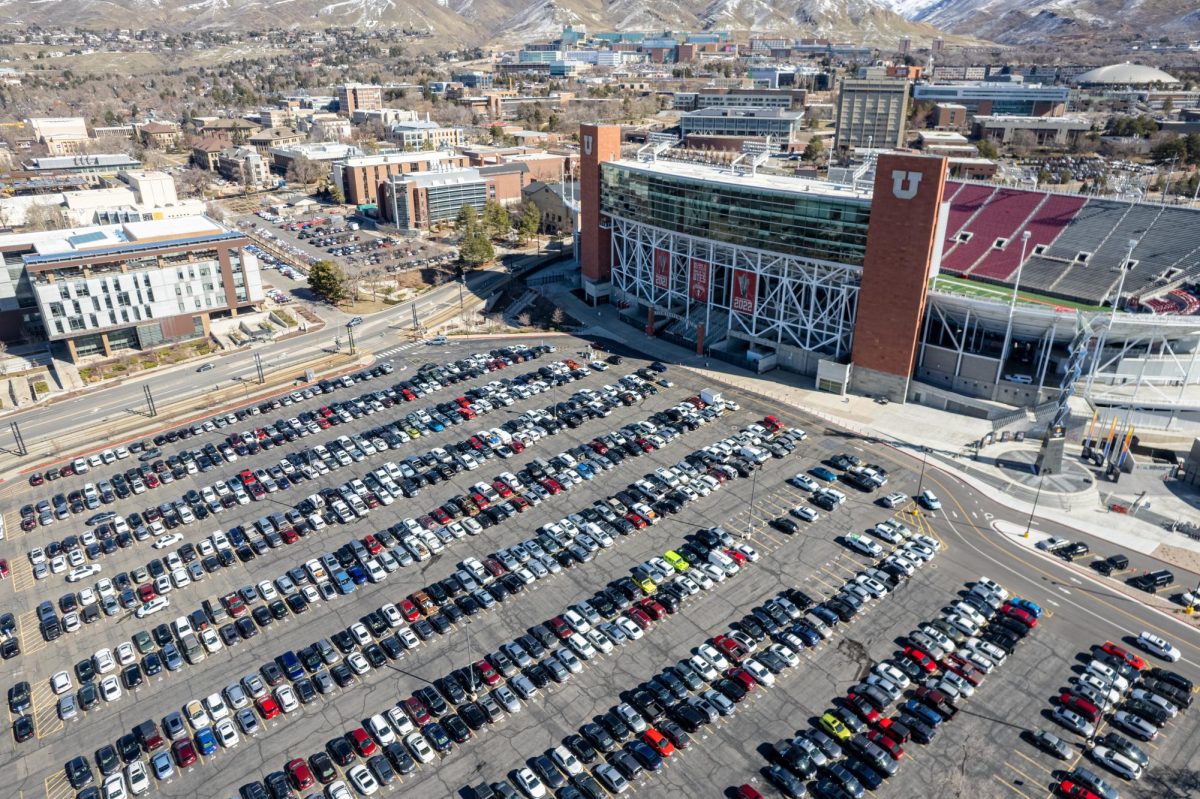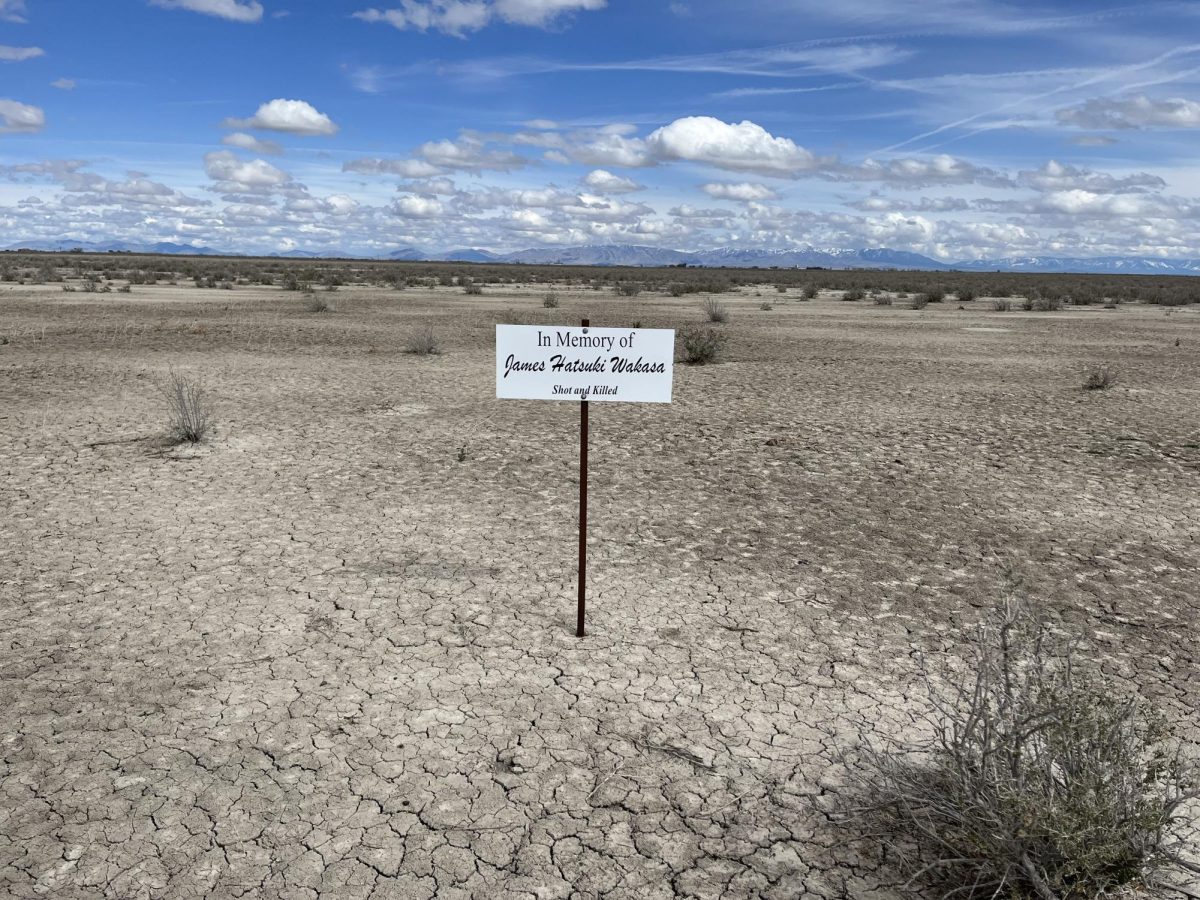Revisiting the Words of Ukrainian Poets Ilya Kaminsky and Halyna Kruk During Russian Invasion
(Photo by Curtis Lin | The Daily Utah Chronicle)
April 10, 2022
Poetry is a vital means of communicating feelings, and the voices of Ukrainian poets like Ilya Kaminsky and Halyna Kruk have become resonant as Ukraine experiences conflict in the wake of Russia’s invasion.
Powerful Poetics
Many Ukrainian poets have been referenced or cited in the weeks since Russia’s invasion of the country. Many artists living in Ukraine have sparked support and solidarity, combating a long history of Ukrainian artists and poets being silenced. During the Soviet Union’s rise to power in the 1920s, many Ukrainian poets died under mysterious circumstances, according to an article by Myroslav Laiuk for Literary Hub. Others were placed into concentration camps or beaten to death. This violence continued until the 1980s when the Soviet Union collapsed.
Through these trials, Ukrainian poets never lost their voices. Testaments of love, loss, war and moments of peace echo through their words. There is joy and sadness in the work of those poets and their voices echo in the contemporary poems of Ukraine.
Kaminsky is perhaps one of Ukraine’s most prolific contemporary poets. His poem “We Lived Happily During The War” has been widely circulated in the current climate of relations between Russia and Ukraine. Kaminsky writes, “in the street of money in the city of money in the country of money, / our great country of money, we (forgive us) / lived happily during the war.”
The poem tells of the intricacies and conflict of war, focusing on those who choose to be complacent while others have their homes and lives taken around them. This rings true in foreign developed countries, standing in stark contrast to the resolve that the Ukrainian people have shown during Russia’s invasion.
Poetry as Resistance
Another notable poet is Kruk. Born in Lviv, Ukraine, Kruk is a poet concerned with emotional and striking depictions of war and history. In “Bomb Shelter,” Kruk writes, “How many people will be trampled at the last bomb shelter? / I can’t begin to imagine how God will make a choice … / One in ten thousand? / One in a million? / And what about arithmetical errors?”
The poem is a conversation between a teacher and her students about what will happen if there is another war and children must evacuate to a bomb shelter that is too small for their number. Kruk’s lyrical and straightforward writing style lends itself to a hauntingly plausible image. She depicts the possible casualties and fears of warfare with unsettling grace.
Ukrainian poetry is different from what scholars and casual poetry readers might be used to. It is poetic in form and style, but its subject matter is not a monument to everything lovely and ethereal. Instead, it provides a reflection of a different experience — one that is resilient and not always sweet. While there are beautiful poems of love, life and quiet moments, to ignore the messages of war and suffering chronicled by these poets is to devalue art that isn’t idealistic or roseate in its depictions of life.
This article was updated on April 19, 2022, to correct grammatical and spelling errors — “… living in Ukraine” not “… living in the Ukraine”; “combating” not “combatting” — as well as clarify the contents of the “Bomb Shelter” poem referenced: “… children must evacuate to a bomb shelter that is too small for their number” not “… children must evacuate to a bomb shelter that is too large for their number.”


